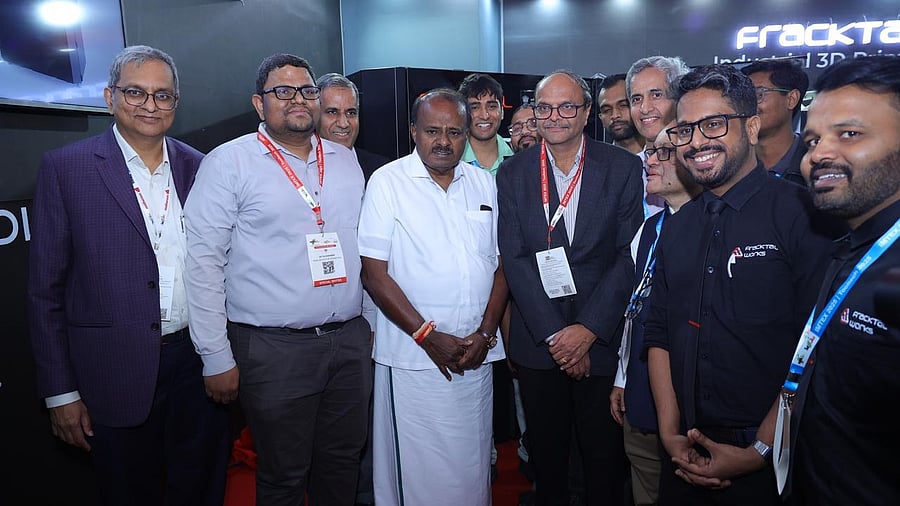
Union Minister for Heavy Industries and Steel HD Kumaraswamy, on Thursday, said that National Capital Goods Policy 2025 will position India as a global leader during the inauguration of IMTEX 2025 in Bengaluru.
"This policy will provide a framework to foster innovation, reduce reliance on imports, and enhance competitiveness,” he added.
Karnataka’s Large and Medium Industries Minister MB Patil also projected the Indian machine tool industry to generate revenue of $3.8 billion by 2030, driven largely by the dominance of the metal-cutting segment.
Presently, India ranks 9th globally in machine tool production and 7th in consumption, with the sector generating over $2.2 billion in revenue in 2022.
“Karnataka accounts for 52% of India’s total machine tool production and ranks as the third-largest contributor to heavy engineering in the country and has players such as ABB, Siemens, BHEL, and Larsen & Toubro,” Patil added.
While projections remain high, the industry continues to be highly dependent on imports for key components, especially for high-precision machine tool components such as spindles and controllers.
In fiscal year 2023-24, India imported machine tools valued more than Rs 40,000 crore, up from the previous financial year's value of around Rs 35,460 crore, according to data platform Statista.
As per a 2023 Micro, Small and Medium Enterprises (MSME) Ministry report, a large portion of MSMEs struggle to adopt advanced digital tools.
Factors like lack of infrastructure, skilled manpower, and limited investment from large businesses within the machine tool industry contribute to the dependence on imports, also hindering the overall growth of the market.
Meanwhile, schemes such as the scheme for enhancement of competitiveness in the Indian capital goods sector which is aimed at technology upgradation, skill development, and infrastructure enhancement has been in place since 2022.
